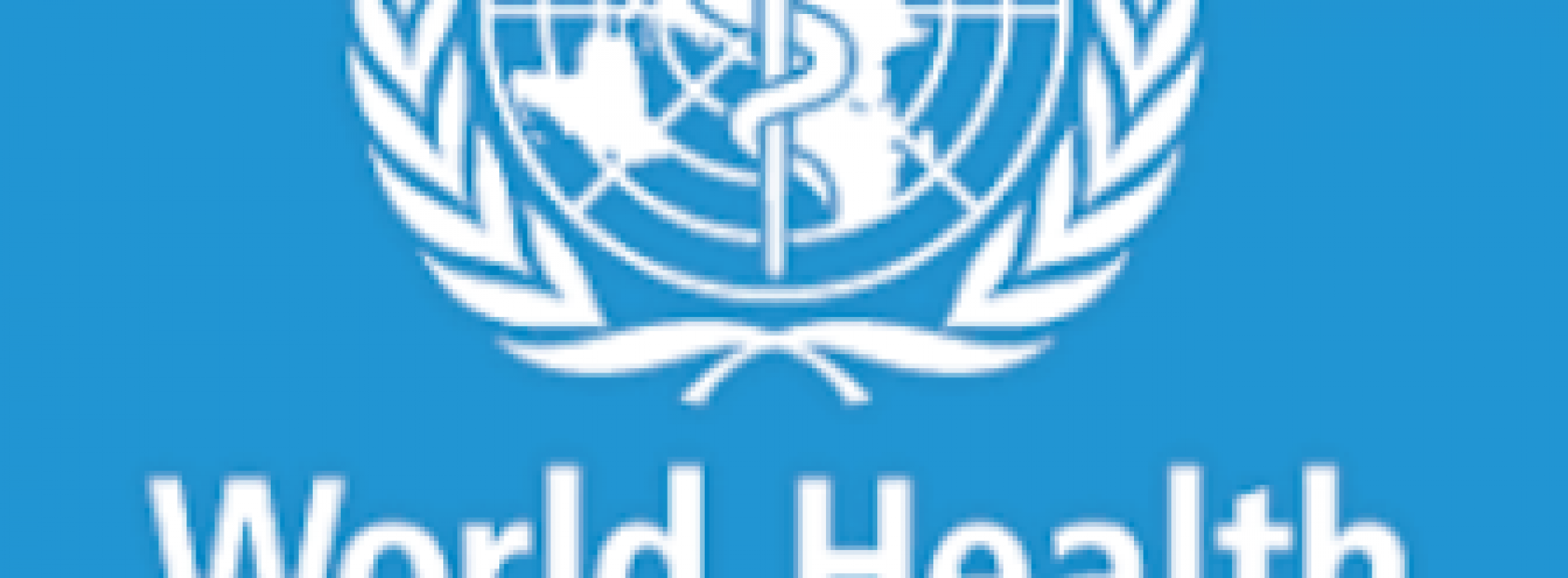WHO report shows poorer health outcomes for vulnerable refugees, migrants
-
Says World may not achieve SDGs health-related goals
The first World Health Organisation’s, WHO, report on the health of refugees and migrants has shown that globally, millions of refugees and migrants in vulnerable situations, such as low-skilled migrant workers, face poorer health outcomes than their host communities, especially where living and working conditions are sub-standard.
The report noted the dire consequences for the probability that the world will not achieve the health-related Sustainable Development Goals for these populations.
Reacting to the report, the Director General, WHO, Dr Tedros Adhanom Ghebreyesus said there are one billion migrants globally, about one in eight people, adding that the experience of migration was key determinant of health and wellbeing, but refugees and migrants remain among the most vulnerable and neglected members of many societies.
Tedros stated that the report was the first to offer a global review of refugee and migrant health and calls for urgent and collective action to ensure they can access health care services that are sensitive to their needs.
“It also illustrates the pressing need to address the root causes of ill health and to radically reorient health systems to respond to a world increasingly in motion.”
“Based on an extensive review of literature from around the world, the report demonstrates that refugees and migrants are not inherently less healthy than host populations. It is, rather, the impact of the various suboptimal health determinants, such as education, income, housing, access to services, compounded by linguistic, cultural, legal and other barriers and the interaction of these during the life course, that are behind poor health outcomes.”
The report reiterated that the experience of migration and displacement is a key factor in a person’s health and wellbeing, especially when combined with other determinants.
“For example, a recent meta-analysis of more than 17 million participants from 16 countries across five WHO regions found that, compared with non-migrant workers, migrant workers were less likely to use health services and more likely to have an occupational injury.
“Evidence also showed that a significant number of the 169 million migrant workers globally are engaged in dirty, dangerous, and demanding jobs and are at greater risk of occupational accidents, injuries, and work-related health problems than their non-migrant counterparts, conditions exacerbated by their often limited or restricted access to and use of health services.
The Report demonstrated critical gaps in data and health information systems regarding the health of refugees and migrants – while data and evidence are plentiful, they are fragmented and not comparable across countries and over time. Although these mobile populations are sometimes identifiable in global datasets used for SDG monitoring, health data are often missing from migration statistics and migratory status variables are often missing from health statistics. This makes it difficult to determine and track progress for refugees and migrants towards the health-related SDGs.
WHO’s Deputy Director-General, Dr Zsuzsanna Jakab, said: it is imperative for countries to do more on refugees and migrants’ health but if they want to change the status quo, there was need for urgent investments to improve the quality, relevance and completeness of health data on refugees and migrants.
“Health does not begin or end at a country’s border. Migratory status should therefore not be a discriminatory factor but a policy driver on which to build and strengthen healthcare and social and financial protection. We must reorient existing health systems into integrated and inclusive health services for refugees and migrants, in line with the principles of primary health care and universal health coverage,” said Dr Santino Severoni, Director of WHO’s Health and Migration Programme.







0 Comments
No Comments Yet!
You can be first to comment this post!